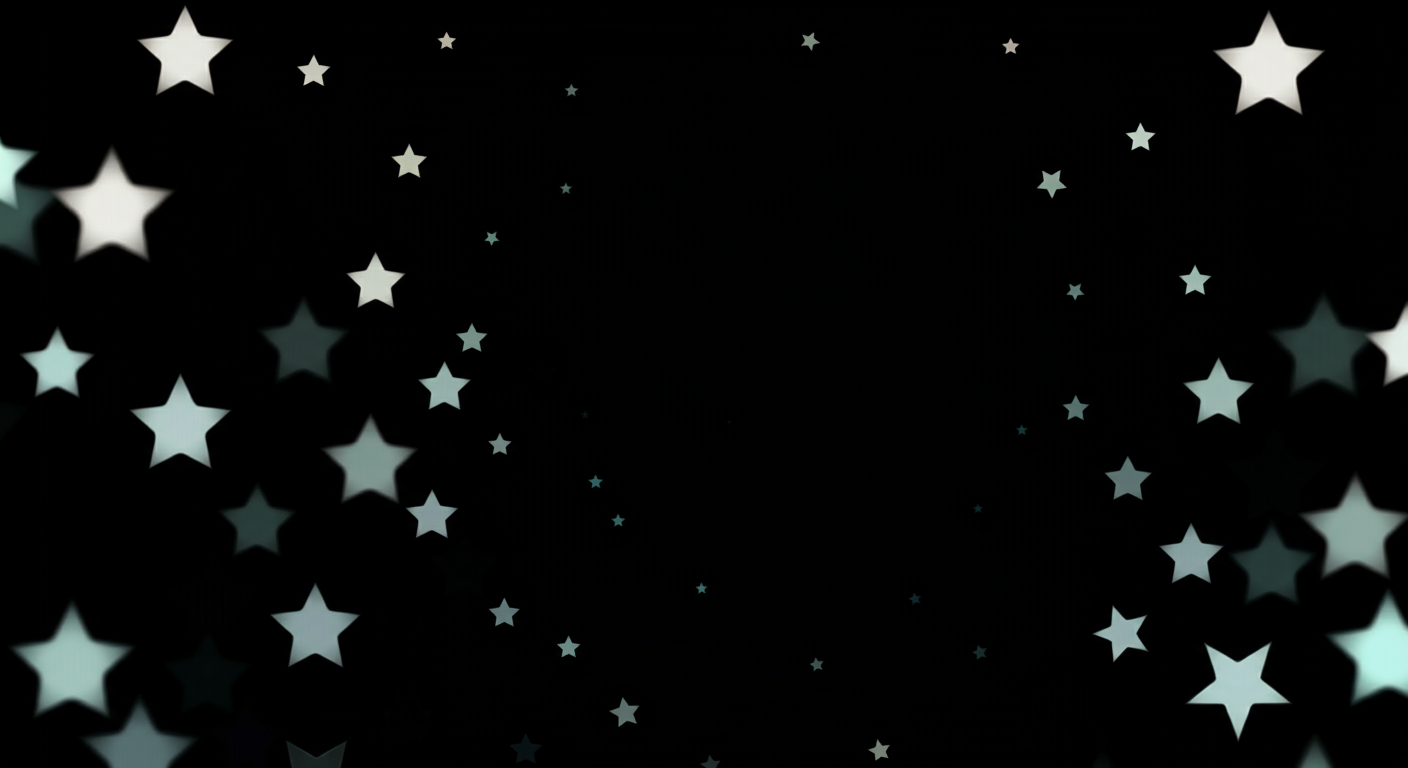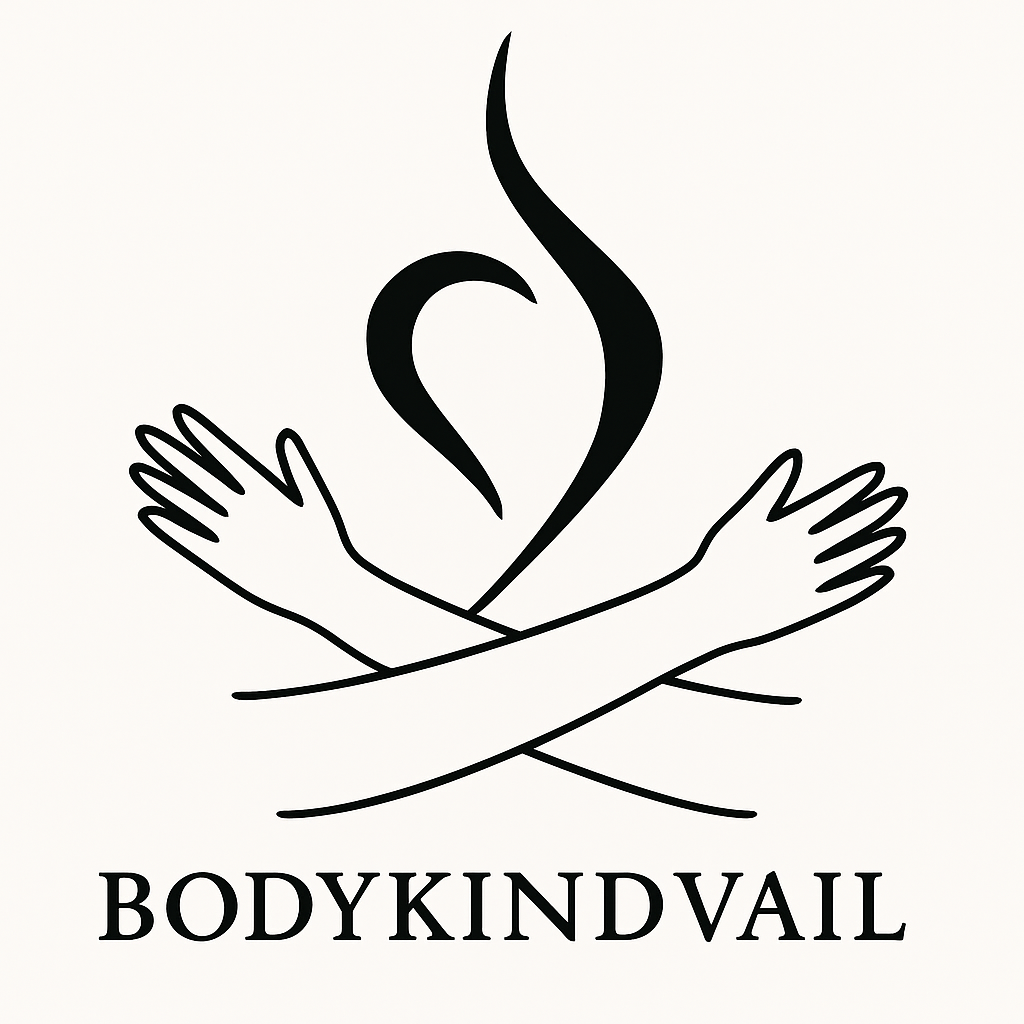A Nonprofit Organization Bringing Hope, Healing, and Connection to Those Impacted by Eating Disorders in Vail Valley.
Our Programs
-
Our weekly peer support groups offer a safe, welcoming space for open conversation, connection, and shared healing for anyone impacted by eating disorders.
Wednesdays 5:30 - 6:30 PM
20 Eagle Rd, Suite 110, Avon, CO
-
Our peer support specialist provides one-on-one support for individuals facing eating disorders, disordered eating, or body image challenges. Whether just starting or further along in recovery, participants connect with someone who’s been there. Sessions offer a safe, understanding space - and when additional care is needed, we help guide next steps and referrals.
Email - alex@bodykindvail.org
-
BodyKind Vail’s Mealtime Support Group gathers once a month to cook and share a nourishing meal, with caring support offered during the meal and in the tender moments that often follow. This safe space fosters connection and confidence in recovery.
-
Individuals in Vail Valley affected by eating disorders want greater community understanding of this complex illness. BodyKind Vail uses education—through quarterly public events and tailored presentations—to foster compassion, reduce stigma, and create safer, more supportive environments for all.
-
Our monthly workshops provide a supportive space for creative activities that promote positive body image and empower healing. Participants reconnect with their bodies, build self-trust, explore underlying issues, and learn healthy coping strategies.
At BodyKind Vail, our programs are built in direct response to the voices of our community. We believe those closest to the challenges are also closest to the solutions. That’s why we actively listen, invite feedback, and create space for ongoing dialogue. Our offerings are designed to evolve—with flexibility and intention—so they remain relevant, inclusive, and responsive to the real needs of those we serve. Community-informed, always.

This body is worthy of kindness.
·
This body is worthy of kindness. ·
The Why Behind BodyKind Vail
At BodyKind Vail, we know that healing doesn’t happen in isolation. In rural areas, where stigma runs deep and resources are scarce, connection can mean the difference between struggle and recovery.
Eating disorders are complex, isolating, and often misunderstood—but for too long, our community has had little to no resources in place to support those affected. BodyKind Vail was created to fill this gap: to build a compassionate, community-based support system where none existed, offering connection, mentorship, education, and a sense of belonging for anyone impacted by an eating disorder.
Shaped by local voices and grounded in equity, trauma-informed practices, and body liberation, we ensure everyone has access to healing, understanding, and hope.
In a community where athletic performance and body ideals run deep, support is essential. At BodyKind Vail, recovery is a shared journey—no one has to walk it alone. At BodyKind Vail, recovery is a shared journey, and no one has to walk it alone.
What Community Members Want You to Know
“Talking about it helps.”“Eating disorders are serious! Second deadliest mental illness after opioid addiction.”“Recovery is not linear.”“We wished our brains didn’t work like this it’s totally exhausting trying to mask these issues. As much as we wish we could stop at the same time, it’s extremely scary to see life without it.”
“Since I myself have not personally dealt with an eating disorder, I feel I have limited knowledge and space to speak on it but I will say there are more people out there suffering the same thing when you are battling an eating disorder and trying to find community can really help with the battle. Also, the people who care about you don't want you to suffer in silence and want to help you in the way you need.”
“I would love for the Hispanic community to learn about what eating disorders are and how we should change the way we speak to our future generations so we don’t create traumas. Make it not taboo anymore.”
“It’s okay to ask for help and it’s really important if you aren’t educated about ways of supporting others to find resources to help learn and listen.”
“How much energy they take from your life. How detrimental it is to talk about children's bodies, how that affects them later in life. How constantly casually talking about dieting and food is triggering for a lot of people.”
“I’ve seen my friend's younger sister struggle with bulimia (mostly untreated) since she was 14. She's now in her mid-30's, has a ton of serious health problems, and she barely has any relationships with her family members. I hope people learn that it's psychological and unfortunately many aspects of disordered eating are glorified and praised in our culture.”
“They are not about food at all - It's about the overwhelm of life and stress and the inability to cope or know the tools to direct that stress or regulate emotions so unhealthy behaviors with food develop.”
“It doesn’t all look the same.”
“I know people who have suffered with eating disorders and just like substance abuse I think being able to speak about it publicly reduces the stigma and allows people to recover.”





